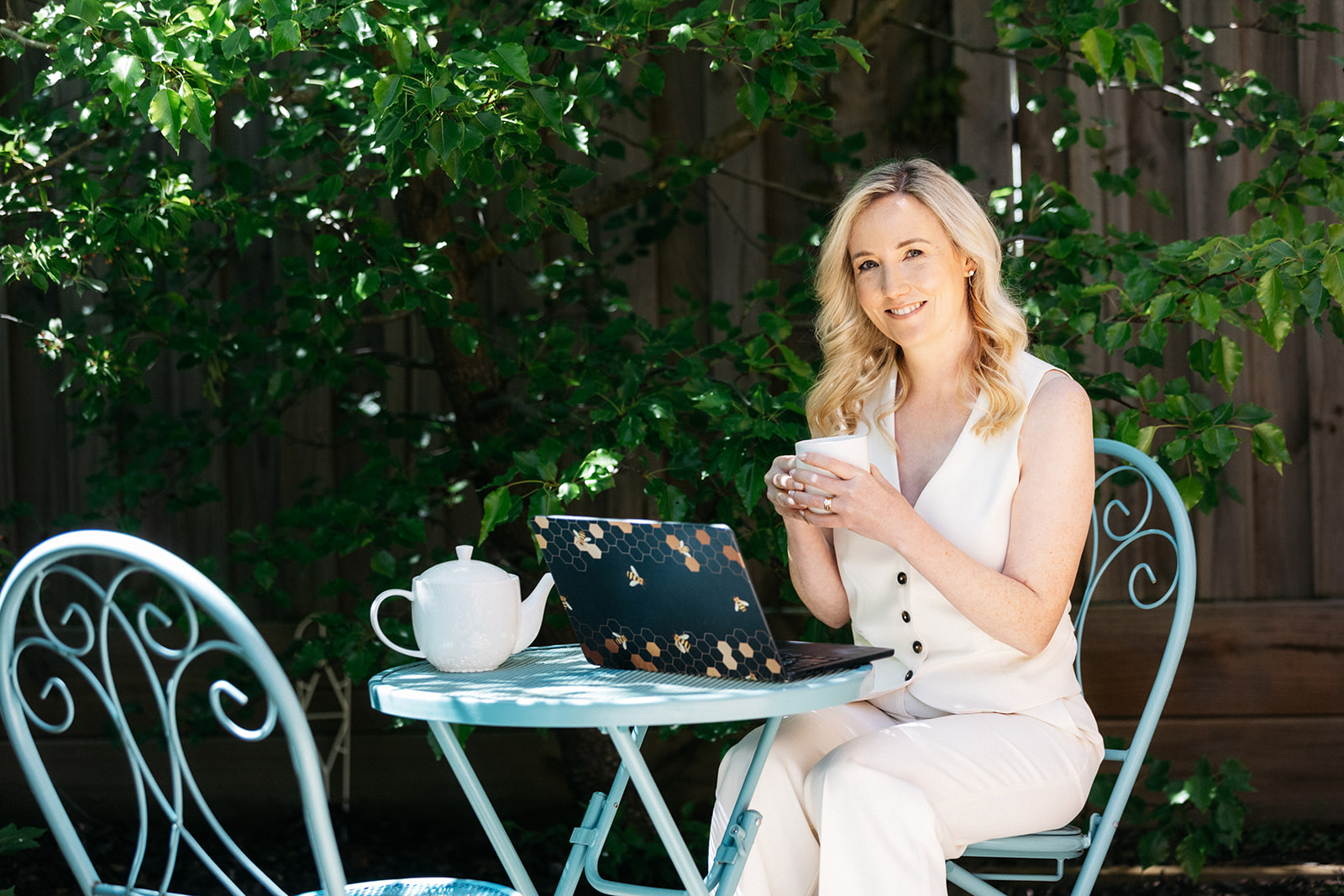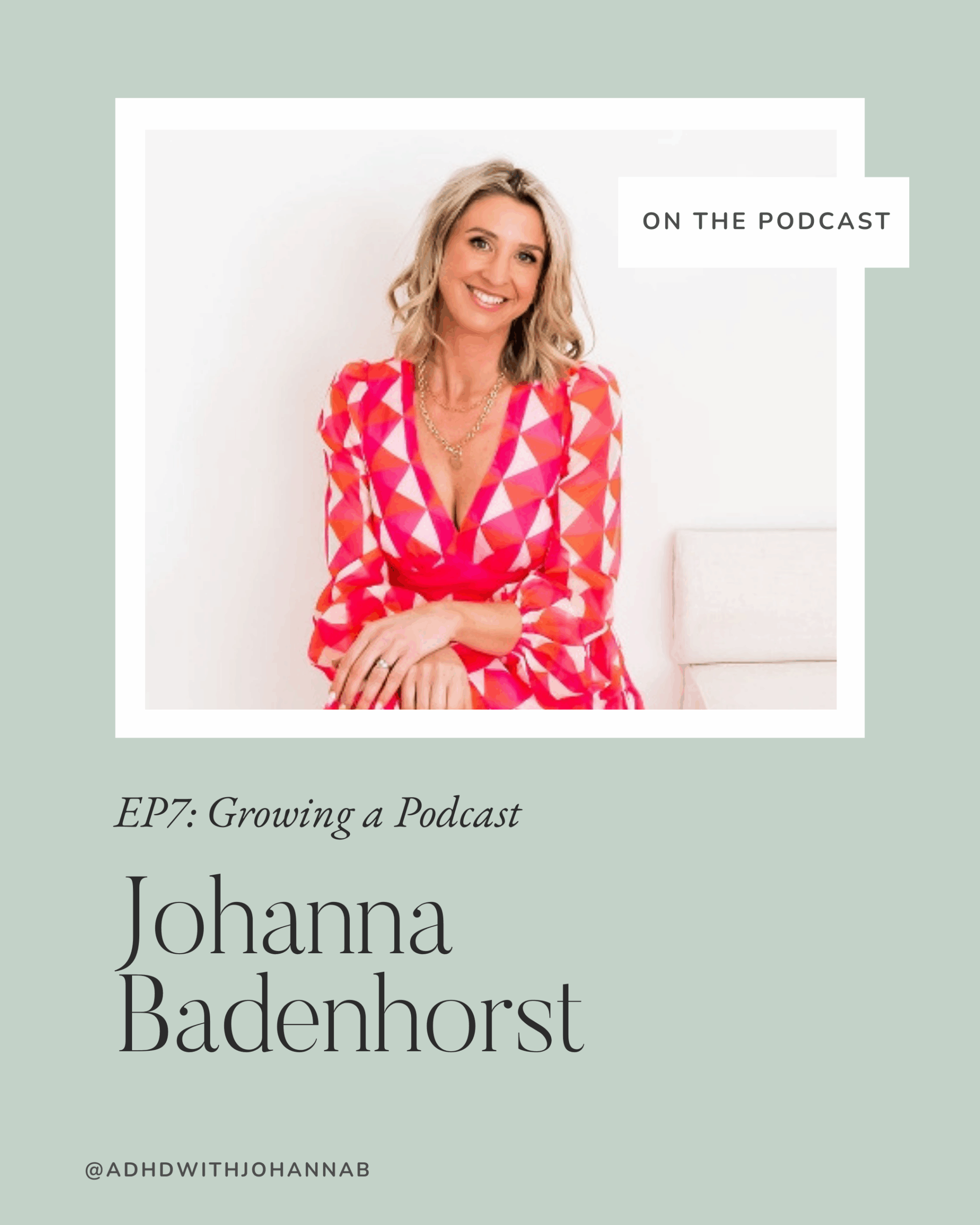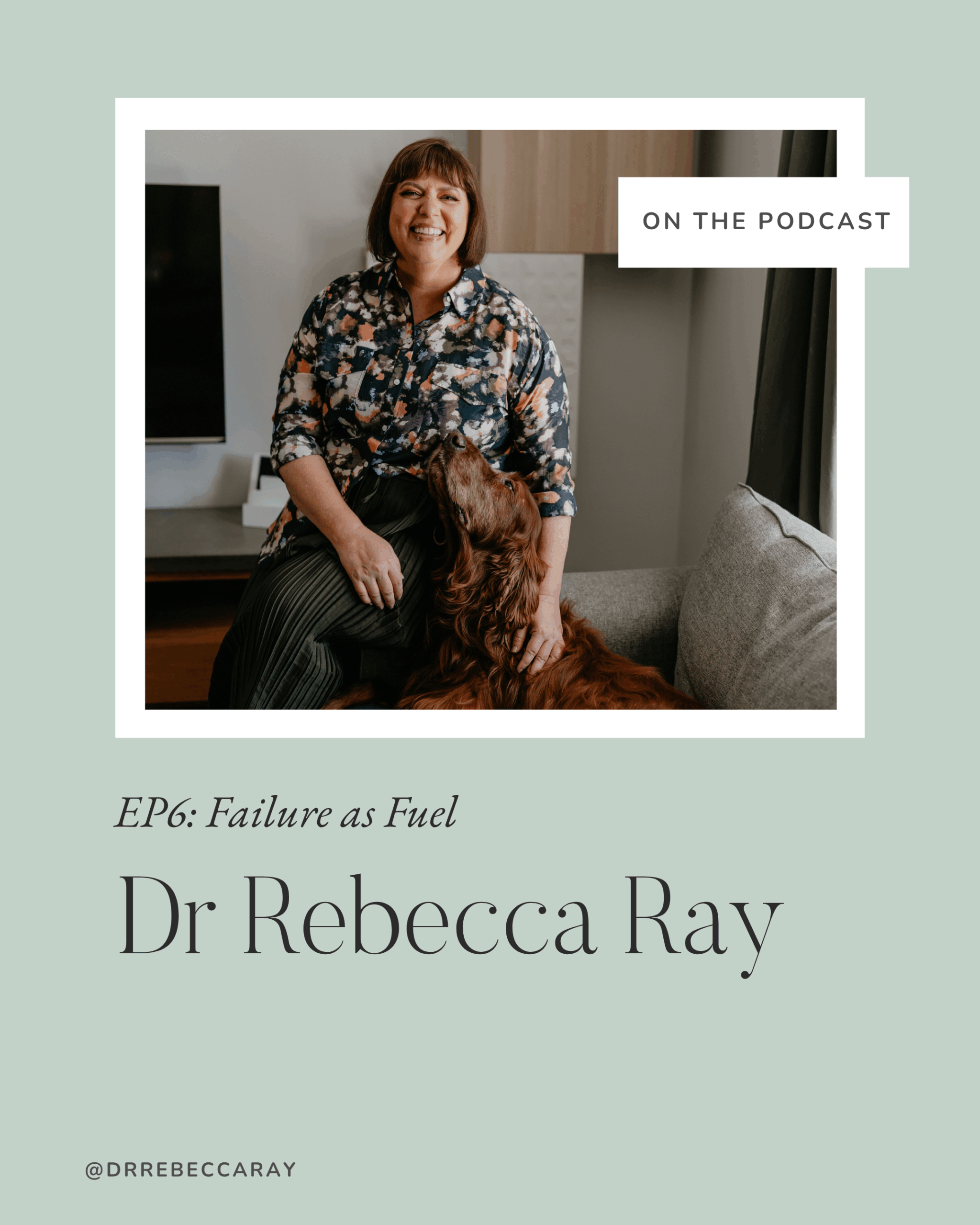As I hit week 5 of my social media detox, I thought I’d share my 5 tips for getting a book written AND a bit of fabulous snowballing (when you research one thing and find yourself finding 5 other amazing things):
Step 1: Accept that you’re overthinking it
I’ve just started reading Soundtracks: The Surprising Solution to Overthinking. It uses an old concept from Cognitive Behaviour Therapy (and other approaches) where thoughts are like broken records. Except the author, Jon Acuff explains it in a fun way with musical references. Right up my alley. Except it nearly wasn’t written because of Acuff’s overthinking.
It took him 13 years to write the damn thing, yet when he surveyed 10 thousand people asking if they struggled with overthinking, 99.5 percent of them said yes.
Since swapping out social media scrolling for reading and listening to books I’m noticing how many New York Times bestsellers have written new books about concepts that I (and you) already know. Explaining a concept in a way that is simple and entertaining is worth doing.
People love edu-tainment.
Step 2: Less thinking and talking about it, more writing
Again, sounds simple but how many times have you fooled yourself into working on something by getting ready to get ready?
“I’ll just organize my desk first”
Nope, that’s not writing. That’s time taken away from writing. I used to buy new highlighters and index cards and call it studying. Don’t bull shit a bullshitter. You know what you’re doing. Clean your desk and declutter by all means, but I rarely write at a desk unless I’m in the final stretch of deep thinking and editing. Drafts are written on the couch, at the kitchen bench, on the rickety garden table, and on the notes in my phone.
Talking about writing a book ‘one day’ isn’t writing. Thinking without putting words or concepts on a page, in the notes on your phone or dictated into voice memos is not writing.
“Oh, but I’m thinking about it”
Nope. Unless you are hitting keys on a laptop, you’re procrastinating and avoiding.
“I need to research more”
I hear that. Mirroring what I did in all of my research degrees, one of my ‘tells’ that I’m anxious about writing or avoiding writing is to buy another book or save/print another article. I go down a rabbit hole of “I must have this in order to write this book”.
A better strategy is to just write. And when you need to reference something write (REF) and highlight it. And when you can’t think of a word write FIND A BETTER WORD and highlight it or put in a bunch of dots. And keep writing.
Googling agents is not writing. If you’re in Australia, you don’t need an agent anyway. Write your book instead.
Googling publishers is not writing. Useful, of course, but that’s a separate task. Write your book, then work out who to send it to.
Waiting for a book deal or thinking you’re going to be offered an advance is possibly a waste of time for a first time author. Write your book instead.
Writing a book proposal and chapter outlines is a separate goal. It’s harder to sell “this is what I will do” versus “this is what I have done”. Remember, plenty of people talk about writing a book. Write your book first, then write your proposal, marketing strategy (what? Yes, you need to know how to market your own book) and chapter synopsis.
Step 3: Acknowledge the fear, do it anyway
Last week I had a great first 5 day run of writing my book as part of a 40 day challenge
I wrote every day. I wrote something about motherhood, mental illness and social media everyday. I had something under each of my 20 chapter headings (it may change, but for now it’s 20).
Mirroring what happened the first week I have up social media, I got a wee bit smug. This week has been way harder. A three year old who is waking up to 5 times a night, and the novelty of school holidays turning into a few lockdown flashbacks (omg no more craft!) is getting in the way.
My mind is like treacle and I’ve stopped and started this blog and changed topics 3 times.
It’s part of the process. It’s all too easy to say:
It’s been done before, no one will read this
I haven’t even got my first book royalty cheque yet, this is a huge gamble
My publisher won’t even want to publish this
I should be working on my pandemic book instead. All those people I’ve interviewed are waiting
I won’t get all the references and research done in 40 days
I hate deadlines. I’m a free spirit. Fuck this 1000 words a day and accountability. I don’t like it. I should quit
I don’t know enough. I don’t work at a university. I don’t have a grant or tenure or a research team. I don’t have any post-doc certifications. What if people find out I barely published anything from my PhD? Who the fuck am I to be writing on these topics?
What if I change my mind? The book becomes dated? My Silicon Valley tech family members are offended or think I’m a wanker?
Maybe I should be working on my next course instead?
And so on and so on. This is part of the process. Do it anyway
Step 4: Set objectives and habits
“write a book” is pretty vague
Instead, an objective describes a specific goal with specific strategies broken down into habits to describe behaviour you need to get there:
Objective: Write a first draft of a book in 40 days.
Strategies to get there:
Choose a topic. One topic. Create a mindmap and chapter titles
Set a daily writing goal: 1000 words a day
Return to my old habit of writing for an hour a day instead of scrolling social media. Just before they wake up, just after they go to bed and/or for 20-30 minutes at the dining table or outdoor table or on the couch if they are playing nicely and not begging for attention or crying blue murder
Note – when I wrote More Than a Healthy Baby I had a 2 year old and a baby. I put 1-2 episodes of Paw Patrol on for the toddler and jiggled the baby to sleep in her carrier while I stood and typed at the kitchen bench. Not every day, but I made a habit.
As an incentive, buy myself a bottle of Mumm and keep it in the fridge to crack open when I hit my goal.
See how this is clearer that a vague “write more regularly”
But you already knew that. Because most of you reading this work in mental health/health/coaching or some field where behaviour change is not foreign, we just don’t always apply it to ourselves.
Step 5: Just do the thing
Turn off distractions both exterior “I’ll just Google that” and “ooh a message that must be looked at immediately” and interior “this is a waste of time/no one will read it” self-talk.
You don’t get better at writing by reading about writing.
Teaching helps of course, but what gets books written is typing words on a page. A blank page is scary, so put something on it. It’s honestly through the process of writing that you figure out what the next bit is. It happens in layers – like a painting. That white blank canvas is damn terrifying. The first bits you put on it aren’t representative of the final product. You have to trust the process.
Your work in these early stages isn’t for anyone else to judge, including you. It will sound a bit shit. You will look back and go “what did I mean there?” If you have an editor then they will also look at it and go “dunno what you mean there”. Get the thing written, then go back in and do the other layers like fix up words, find references, clean up the manuscript. All of these things for me happen in layers.
Trust me when I say you are going to read this book so many times later on that you won’t even be able to see straight. There’s a reason bands hate playing all their old songs when they’re on a tour. Everyone forgets how many times they’ve actually had to play it and it starts to sound like a broken record 😊Want more?
You can book in time with me to chat about book writing and publishing. Before I published my first book, I paid two women I knew who had already been published. I highly recommend it.
Don’t ask to pick people’s brain for free. When someone has published a book it’s often taken them hours and hours of writing PLUS searching for the answers about publishing that you’re hoping to find in one email. The world of publishing is insular, very political and full of contradictions. What’s a good choice for one author might be total mismatch in values and expectations for you.
My book mentors for More than a Healthy Baby were January Harshe, author of birth Without Fear (who used a traditional publisher and agent in the USA).
And Tracey Pattison, an Australian with 25 years of experience with traditional publishing who was now moving onto an independent publisher. Her latest glorious creation is Priestess your Plate (I was an early reviewer!)
Another glorious book I’ve already mentioned but literally want to share it with everyone I know is More Than a Woman by Caitlin Moran.
More specifically, I have to share the work of her talented daughters.
Over the weekend I had a difficult morning with the kids. The kind of morning that is remedied with a long midday bath and large glass of Tassie pinot. My husband came in to check if I needed a top up and found me with tears streaming down my face.
*spoiler alert* I was at the chapter where Caitlin is describing her daughter’s descent into anorexia, overdoses and self-cutting. As an ex-self-harm researcher I was overcome with compassion and a renewed sense of “ah shit, my kids are 3 and 5, our problems are not that big yet”.
My husband brought me in a bowl of hot chips and I began Googling because I had to know more. Cue more tears. Caitlin Moran’s teenage daughters are a musician and a writer/director indie filmmaker duo.
16 year old Eaves Wilder apparently wrote, Won’t You Be Happy on the first day of lockdown in the UK. She made the video clip with her sister. It’s a super catchy song. We’ve been singing it in the kitchen all week while I tell the girls we’re getting a band together.
Won’t You be Happy took me back to when I was a teenager – breaking up the grunge soundtrack with softer psychedelic shoe gazing pop. A bit of the Sugar Cubes meets Summer camp meets My Bloody Valentine meets the Sundays and a hint of Blur (same producer as it turns out).
Either the 16 year old in you will like it, or you know a 16 year old who needs some hope that big, beautiful things are possible.
Now go write something 🙂






